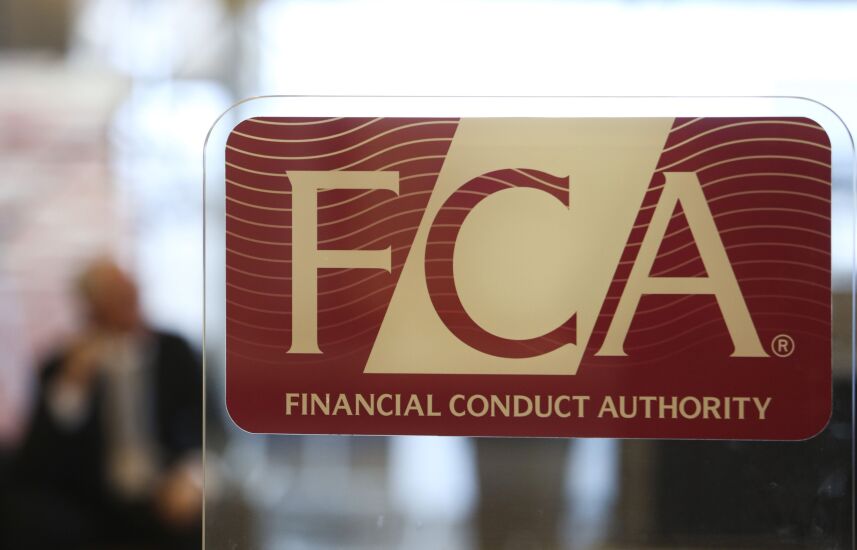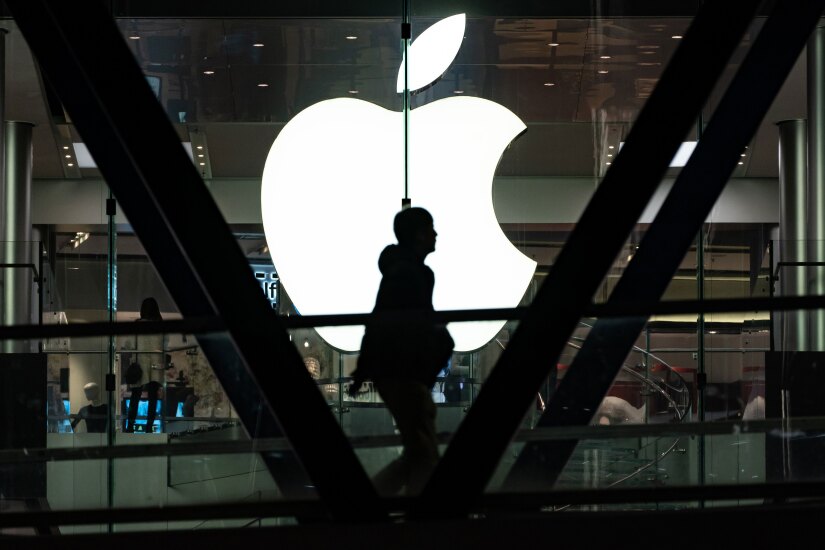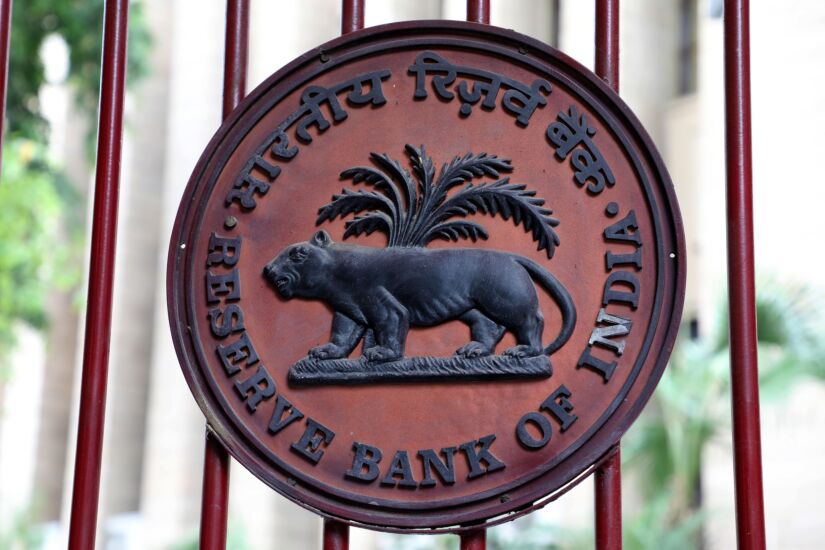India's getting set to ban cryptocurrency, partly in an effort to boost its lagging central bank digital currency. Brazil is adding NFC technology to its PIX real-time payment network, potentially enabling the country's payment firms to take advantage of Apple opening its payment technology amid global regulatory pressure. Here's what's happening in the world of payments.

Swisscard gives Amex an international boost — but not a big one
The card lender bought the Swisscard stake from UBS Group and will be sole owner of the card business, which launched in 1998 as a joint venture between Credit Suisse and Amex. UBS inherited Swisscard from Credit Suisse in 2023 as
UBS has since siphoned off parts of the former Credit Suisse business that did not fit its strategy, including a securities unit in China, an insurance-oriented investment product and a $2 billion real estate fund. Amex, which did not respond to a request for comment, plans to expand its franchise in Switzerland.
Swisscard will continue to issue cards for Amex, Visa and Mastercard in Switzerland. For Amex, the Swisscard deal follows a
Amex's strategy includes growing its international presence, including products for restaurants and small businesses, though analysts say Amex's position in Europe will make that a challenge. Amex's market share in Europe ranges from 1% to about 10%, depending on the country, according to
"The acquisition of the remainder of Swisscard could help Amex's core card business if it can convert some of the existing Visa and Mastercard cardholders, and could enhance its acceptance in Switzerland," said Aaron McPherson, a principal at AFM Consulting, adding Amex's lack of wide acceptance in Europe compared with Visa and Mastercard is partly due to higher fees, with Visa and Mastercard maintaining an advantage due to the development innovations such as
The Swisscard deal could be part of an Amex strategy to compete with these moves from its rivals, according to payment experts. "The Swisscard seems like a small advantage, however, compared to the broader challenges of competing in a world where cards are increasingly being challenged by newer alternatives." McPherson said.
On its face, acquiring full control of Swisscard does nothing to increase American Express' mass or relevance in Switzerland, according to Eric Grover, a principal at Intrepid Ventures.
"If it can provide greater incentives to use Amex to cardholders and merchants as a result of full control of its acquirer and principal issuer, that may help. But even in a small market like Switzerland, Amex would benefit if it implemented creative issuing and acquiring partnerships to build and extend its network reach." —John Adams

U.K. government issues new BNPL rules
BNPL regulation now falls under the oversight of the Financial Conduct Authority and the Consumer Credit Act, the government said.
Under the new rules, the FCA will be able to apply affordability rules that require BNPL firms to check that consumers are able to afford repayments. BNPL companies will also be required to provide information about risks associated with late payments ahead of loan funding in a move that will disapply standard disclosure rules under the Consumer Credit Act to "ensure users are given this information in a way that is tailored to the online setting in which BNPL products are generally used," according to a government release.
Consumers will also be provided with "stronger rights" on issues that arise with products purchased and financed through BNPL, the government said.
The increased BNPL oversight in the U.K. comes as U.S. regulators attempt to reclassify

Regulatory pressure on Apple attracts firms to real-time payments in Brazil
The
The central bank is considering NFC models that include payments via a digital wallet, bank mobile apps and "tap to pay" transactions that involve holding NFC-enabled devices near to each other, according to the Sao Paulo-based Matera, a payments company that participated in PIX's September meeting. While PIX is driven by a government mandate, the central bank has not decided if NFC will be mandatory.
NFC would open a wide range of point-of-sale transactions to instant settlement with less reliance on Apple to act as a gatekeeper to the technology.
Apple recently settled with
Other payment companies are also expanding their mobile payment strategies due to Apple's moves.

Adyen appoints Tom Adams as CTO and board member
Tom Adams will join the payment fintech group at the end of the year when the current CTO, Alexander Matthey, steps down.
Adams joins Adyen from Block's consumer business vertical, CashApp, where he served as head of engineering for four years. As CTO of Adyen, he will be responsible for the company's payments, data and financial products.
Matthey said in January that he would not seek another four-year term as CTO. Adams' tentative appointment was announced in late August and was subject to shareholder approval. —Joey Pizzolato

Diebold Nixdorf wins Greek bank's self-service contract
The ATMs are located inside bank branches, and the new machines will enable the bank to migrate more branch functions to self-service. The ATM upgrade includes
Cash recycling enables a closed-loop that's designed to extend the amount of time that a cash is usable, called cash-in-transit, which can ease the cost of managing paper money. Diebold Nixdorf's other updates include adding NFC technology, enabling the machines to accept contactless payments.
Diebold Nixdorf has ramped up ATM automation and other self-service technology since
Diebold Nixdorf's traditional rival,

India threatens crypto as its CBDC stagnates
Regulators signaled concern about the risk of cryptocurrency following consultations with key institutions, according to the
India's central bank has been trying to boost usage of the country's CBDC for the past year and plans to expand its utility by linking it to the national UPI rail, which supports digital payment processing and is used by
India's CBDC usage is short of its goal of one million payments per day and restricting other digital assets would improve the runway for the digital rupee. India's push for a CBDC is in contrast to other countries, such as the United Kingdome, Canada and Australia, which have expressed doubt about the benefits of government-backed digital currency in favor of private sector innovation. —John Adams

PayPal taps Global Payments to boost AI payments tech
Global Payments will offer Fastlane to PayPal- and Venmo-branded merchants, with the United States serving as the initial market. Global Payments provides merchant acquiring for PayPal in multiple regions, including the United Kingdom and the European Union.
Fastlane, which PayPal launched earlier this year, enables consumers to use a one-time passcode to make payments, with AI-powered analytics suggesting a checkout option for that consumer based on past transactions. PayPal has been
PayPal's next earnings report is Oct. 29, while Worldpay reports earnings on Oct. 30. —John Adams

Bank of Kenya moves national payment system to ISO 20022
The migration will help speed up settlement times, streamline processing, enhance interoperability between domestic and international payment systems, and ultimately improve liquidity management for financial institutions, the Bank of Kenya said on Oct. 14.
The adoption of ISO 20022 is a key part of the central bank's four-year national payments strategy designed to create "a secure, fast, efficient and collaborative payments system that supports financial inclusion and innovations that benefit Kenyans." —Joey Pizzolato

Mastercard launches new commercial cross-border payment product
Move Commercial Payments will allow customers to initiate corporate trade payments in near real-time, 24/7/365.
"By powering fast, predictable and transparent payments, Mastercard Move Commercial Payments will bring what is already the norm in domestic payments to the commercial cross-border payment space, " said Alan Marquard, head of transfer solutions at Mastercard in a statement. "Our latest product innovation aims to directly address the pain points that are currently affecting the commercial cross-border payments market. By shifting to this new model, they will be empowered to generate new revenue streams while reducing risk and enhancing the offering for their corporate customers."
The launch follows a pilot in the United Kingdom between Lloyds Banking Group and UBS, which used Fnality as the settlement venue, according to Mastercard. —Joey Pizzolato





